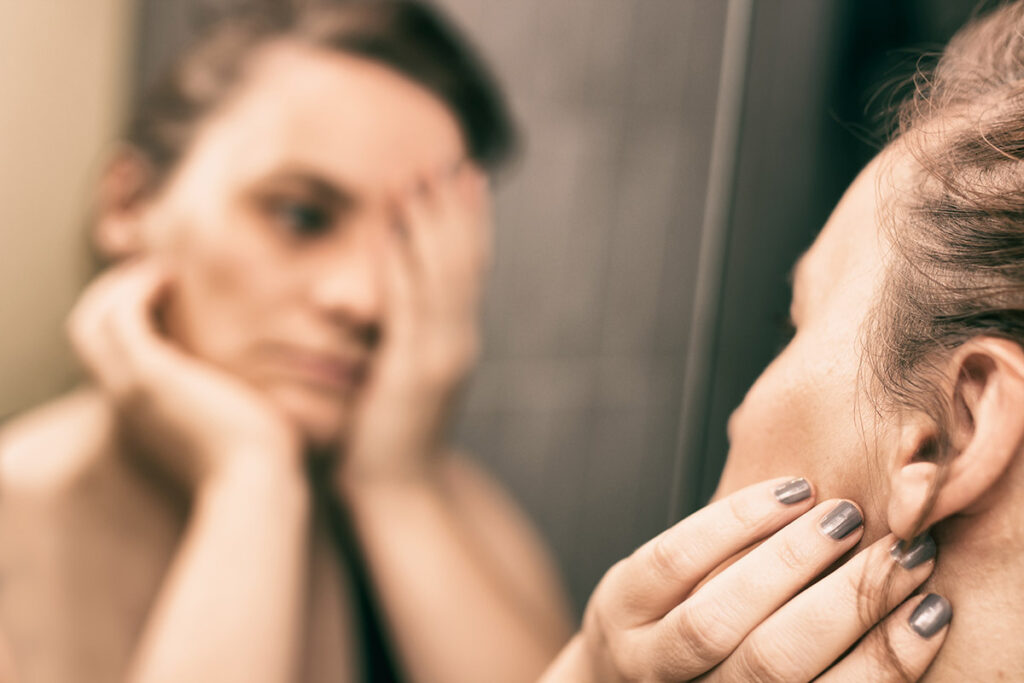Today, many signs of addiction are unrelated to substance use. Studies show that at least half of people living with addiction struggle with mental health conditions. Whether someone has been diagnosed with depression or undiagnosed obsessive-compulsive disorder (OCD), they may engage in addictive behaviors. Knowing common addictive behaviors can help you and your loved ones know when it’s time to seek support from an addiction treatment program.
Are you struggling with addictive behaviors? Know you are not alone. The team at A Better State provides leading trauma-informed addiction treatment programs for clients across New Hampshire. Our flexible outpatient programs help clients understand the psychology of addictive behaviors. Call us now at 781.412.1488 to learn more about our treatment programs and begin recovery today.
Psychology of Addictive Behaviors
Addiction is a condition that does not exist in a bubble. Every aspect of a person’s life can influence addictive behaviors. When someone drinks, does drugs or engages in another repetitive behavior that releases dopamine, their brain craves more. Dopamine is the chemical responsible for joy, pleasure, and motivation.
The brain is very sensitive to dopamine. While the brain makes its own supply of dopamine, certain activities like sex, video games, or repetitive behavior can also release dopamine. The “dopamine reward effect” keeps the brain wanting more dopamine, even when a behavior or substance interferes with someone’s life.
Addictive behaviors are often a way to self-medicate with or without substance abuse. They may be a way to disassociate or self-regulate for those struggling with mental health or unprocessed trauma. Addictive behaviors can lead to substance abuse and drug or alcohol addiction.
Common Examples of Addictive Behaviors That Lead to Addiction
Addictive behaviors can vary based on a person’s interests and what helps their brain release dopamine. People will often engage in the addictive behavior they find the most soothing. Common addictive behaviors include:
- Drinking
- Drug use
- Binging
- Purging
- Fasting
- Excessive exercise
- Sex
- Gambling
- Video games
- Television
- Smartphone use
- Social media
- Doom scrolling
- Shopping
- Thrill-seeking or risk-taking behavior
While some people can engage in the above activities from time to time, others develop a process addiction to certain behaviors. Process addictions are common. They rely on routine behavior to self-soothe, disconnect from stress and pain, or avoid difficult emotions.
Today, video games, social media, and smartphones are some of the most common vices that lead to addictive behavior. If someone feels like they cannot live without these vices or keep someone from engaging with loved ones, staying on task at work, or caring for themselves, they may have developed a process addiction. Like substance use, process addictions are treatable.
Treat Addictive Behaviors in New Hampshire Today with Trauma-Informed Therapy
Doctors consider a behavior addictive when it interferes with someone’s life. While there are common addictive behaviors, any repetitive behavior that prevents someone from living their life fully and safely can be a sign of addiction. If you or someone you love is struggling with addictive behaviors, there are treatment options.
The team at A Better State is here to help you recover and thrive. We believe in a different type of addiction recovery. By uncovering the root cause of addiction, our team can help you heal from addictive behaviors, substance abuse, unprocessed trauma, and mental health conditions.
With a range of evidence-based and alternative therapies, we specialize in PTSD, depression, and anxiety. Our dual diagnosis outpatient clinic has daytime and evening treatment plans that fit your schedule. No matter the addictive behavior, A Better State is here for you.
Learn More About the Psychology of Addictive Behaviors from A Better State
Our team of licensed professionals is passionate about helping you heal. Our treatment plans are tailored to meet your needs, and we provide comprehensive aftercare support. At A Better State, we understand the psychology of addictive behavior and how to treat it. We recognize the power of addiction and want to help you get back on track. To learn more about the psychology of addictive behaviors and how A Better State approaches addiction treatment, contact us today at 781.412.1488.


